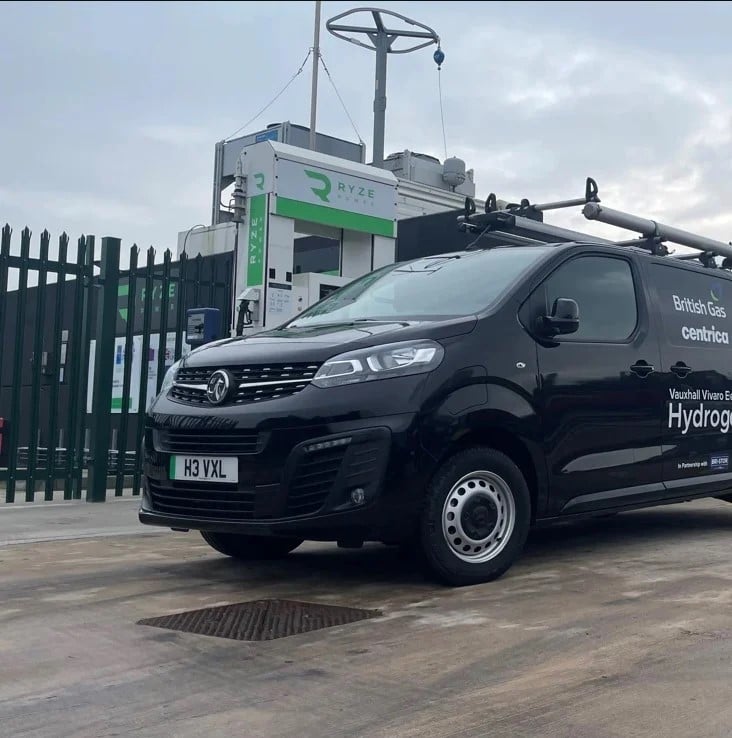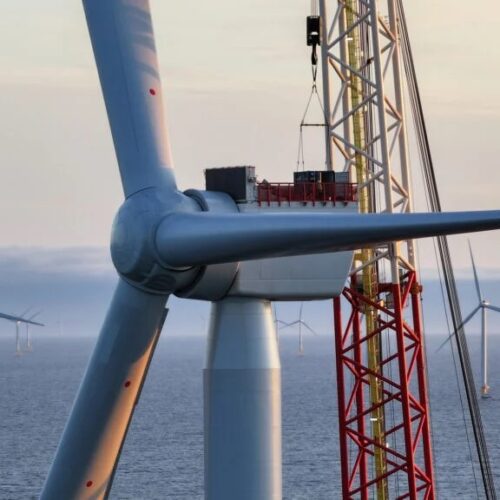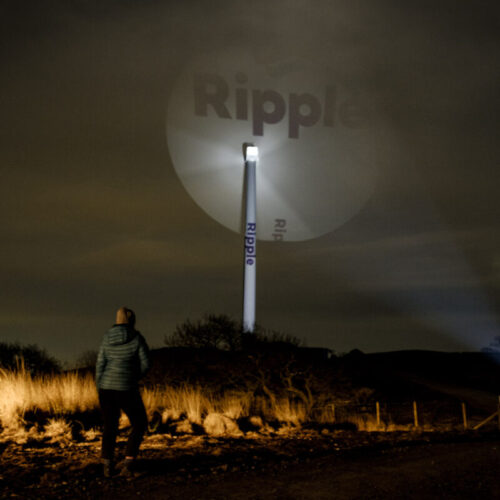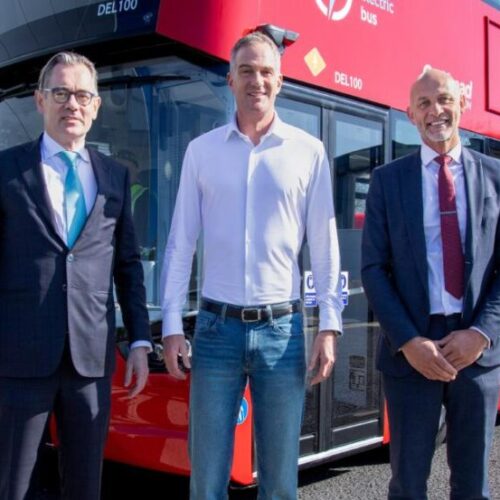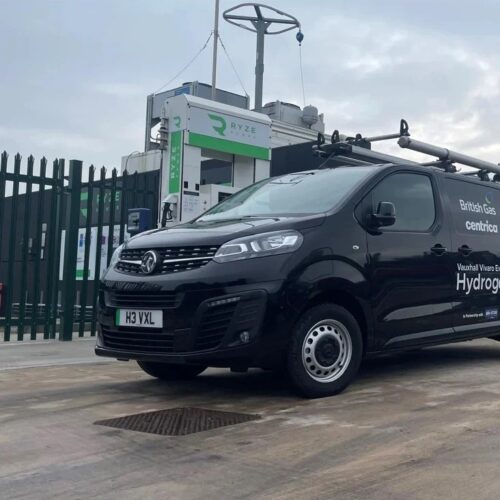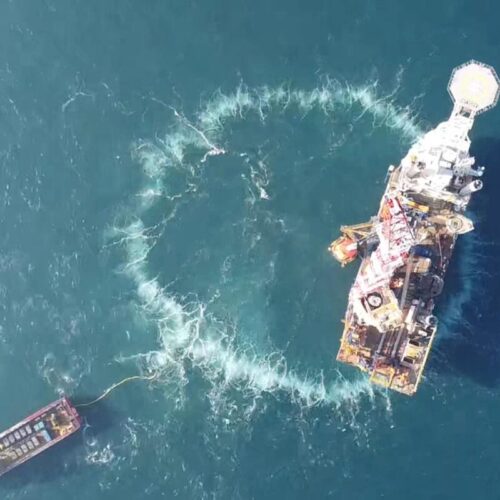A new consortium of UK-based companies plans to produce 1GW of ‘clean’ hydrogen capacity by 2030, injecting £6.5 billion in private capital and creating 24,300 jobs in the UK.
Dubbed Project Hyspeed, companies including including Centrica, Heidelberg, JCB and National Gas came together as a ‘direct response’ to the government’s call to make the UK a clean energy superpower.
The project aims to build a ‘robust’ hydrogen ecosystem to benefit British industries and workers, locating hydrogen production hubs in strategic areas that will enable them to support local ecosystems and inject hydrogen into the gas grid to enable UK-wide industrial decarbonisation.
Project Hyspeed says that this, coupled with aggregated procurement of equipment and services, optimised power purchasing and low-cost-financing will reduce the cost of green hydrogen in the UK and “embed manufacturing jobs for generations”.
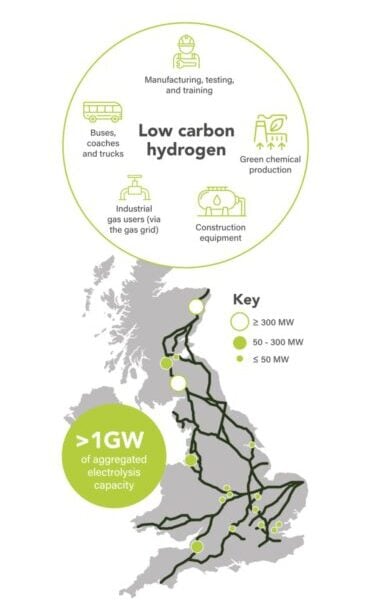
The company has also announced a commitment to 50% domestic content, aiming to produce hydrogen in the UK using components manufactured domestically.
The Hyspeed consortium uses the terms ‘low carbon’ and ‘clean’ hydrogen, however does not explicitly state that the hubs it will establish will produce green hydrogen, that which is produced using electricity generated by renewable sources.
Scaling up green hydrogen
CEO of another company in the consortium, ITM Power, Dennis Schulz said: “A consortium approach between credible industry players is the most effective pathway to the rapid scale-up of the UK’s green hydrogen economy.”
Last week, the government revealed the 27 shortlisted electrolytic projects for the second Hydrogen Allocation Round (HAR2), which is intended to establish a low carbon hydrogen economy in the UK.
The proposal for Project Hyspeed was put forward by HydraB Power group, headed by Jo Bamford, a board member of JCB, which was founded by his grandfather, and who owns Northern Ireland-based bus manufacturer Wrightbus.
Bamford bought Wrightbus out of administration in a deal that was completed in 2019, a year after his hydrogen production company Ryze, which produces hydrogen to power fuel cell electric vehicle (FCEV) buses, had scored a deal to provide its services for Wrightbus’ FCEVs.
Ryze Power also recently partnered with British Gas, which is owned by Project Hyspeed member Centrica, to trial the use of hydrogen-powered vans to decarbonise its fleet.
Bamford said the consortium’s conversations with the Department for Energy Security and Net Zero (DESNZ) “have been hugely encouraging” and the government is keen to support clean energy projects “of this size”.
At the beginning of the year, JCB’s hydrogen combustion engine was cleared by licensing authorities in Europe for commercial use. Although a hydrogen combustion engine does not produce carbon emissions, it does produce equally undesirable nitrogen oxides. The process of extracting, producing and transporting raw hydrogen is also, currently, immensely carbon-intensive.
Last week, secretary of state for science, innovation and technology, Peter Kyle, visited the bus manufacturer’s headquarters after it committed £25 million to research and development in the zero emission bus space, calling it “proof” that backing R&D delivers “real-world impact”.
